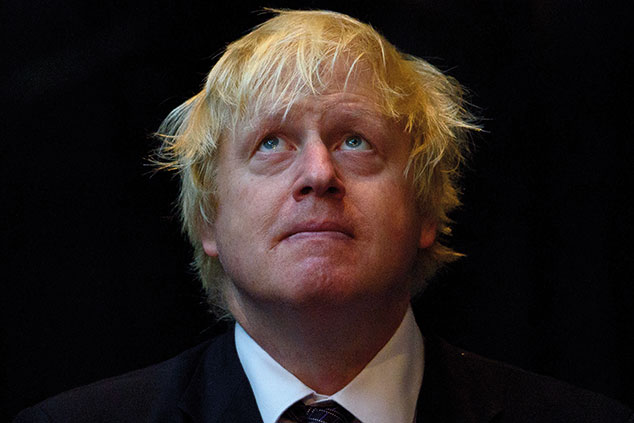
“When Donald Tusk, the European Council president, warned Britain in April not to ‘waste’ the extra time it had been granted to sort out its position on Brexit”, he probably didn’t have the Tory leadership contest in mind, say George Parker and Sebastian Payne in the Financial Times. This week, much of the debate has revolved around the idea that, unless Britain can renegotiate its Brexit deal, it will leave with no deal on 31 October. However, Jean-Claude Juncker repeated on Tuesday that the draft withdrawal deal would not be reopened, and there is still no majority for a no-deal Brexit in the Commons. The Tory leadership contest is “taking place on a different plane”.
Boris Johnson, the frontrunner, says he will see through his promise to ensure that Britain leaves on the 31st, with or without a deal. Andrea Leadsom “insisted that the EU would agree to rewrite the deal”. Dominic Raab is talking of “suspending Parliament” to force through his vision of Brexit, says the Financial Times’s Robert Shrimsley (though Labour is moving to prevent this). Esther McVey is refusing to rule out this gambit, too.
Gymnastic manoeuvres towards the exit
Raab’s “wild notion is symptomatic of the way Tory mania has mutated, from a belief that Brexit can work wonders, to a state of not really caring what it achieves as long as it is done”, says Rafael Behr in The Guardian. Most Tory MPs know perfectly well that the “whole enterprise is a warehouse full of snake oil” – and all of the leadership candidates’ manifestos are based on the same impossible “gymnastic manoeuvre” that delivers Brexit without making contact with “other countries and Parliament”. So, there is a “twisted logic in giving the sales job to Boris Johnson, their most talented charlatan” – even if, notes Alex Massie in The Spectator, his supporters struggle to “point to a single notable or qualifying achievement” that indicates he would make a good PM.
Regardless, Johnson is leading the field by a long margin, commanding the support of at least 80 MPs, more than twice that of his closest rivals, says Daniel Capurro in The Daily Telegraph. Jeremy Hunt – whose “central pitch”, notes the FT’s James Blitz, is that he is “a wiser and more pragmatic figure than Mr Johnson” –has the backing of 30 MPs. Michael Gove, who may have had his chances scuppered by revelations of his cocaine use, has 31.
Johnson is also fighting this contest in “propitious circumstances”, says James Forsyth in The Spectator. He is the Tories’ most obvious answer to the Brexit party, and the least like Theresa May (parties always “overcorrect when picking a successor”). The “conundrum” for the Tories is that they need a “proven vote winner” like Johnson, but they are also “desperate to avoid the very election they need him to fight until Brexit is delivered”, says Philip Johnston in The Daily Telegraph. If Johnson were to push for a no-deal Brexit by 31 October, his “short-lived government” would be brought down in a vote of no confidence.
“Mind you, this assumes that when Johnson says he will seek a no-deal Brexit, he means it.” But once he encounters refusal in Brussels, he will surely realise that the “only way out” is another general election or referendum, with the Tories campaigning unambiguously for Leave and Labour morphing into the “champions of Remain”. Johnson may even do a deal with Nigel Farage. But “until Brexit is sorted”, any “promises and attempts to redefine Conservatism are irrelevant”. The country “craves clarity, direction and a leader who can provide it… Without Johnson, arguably, Brexit would never have happened. Now he has to deliver it.”